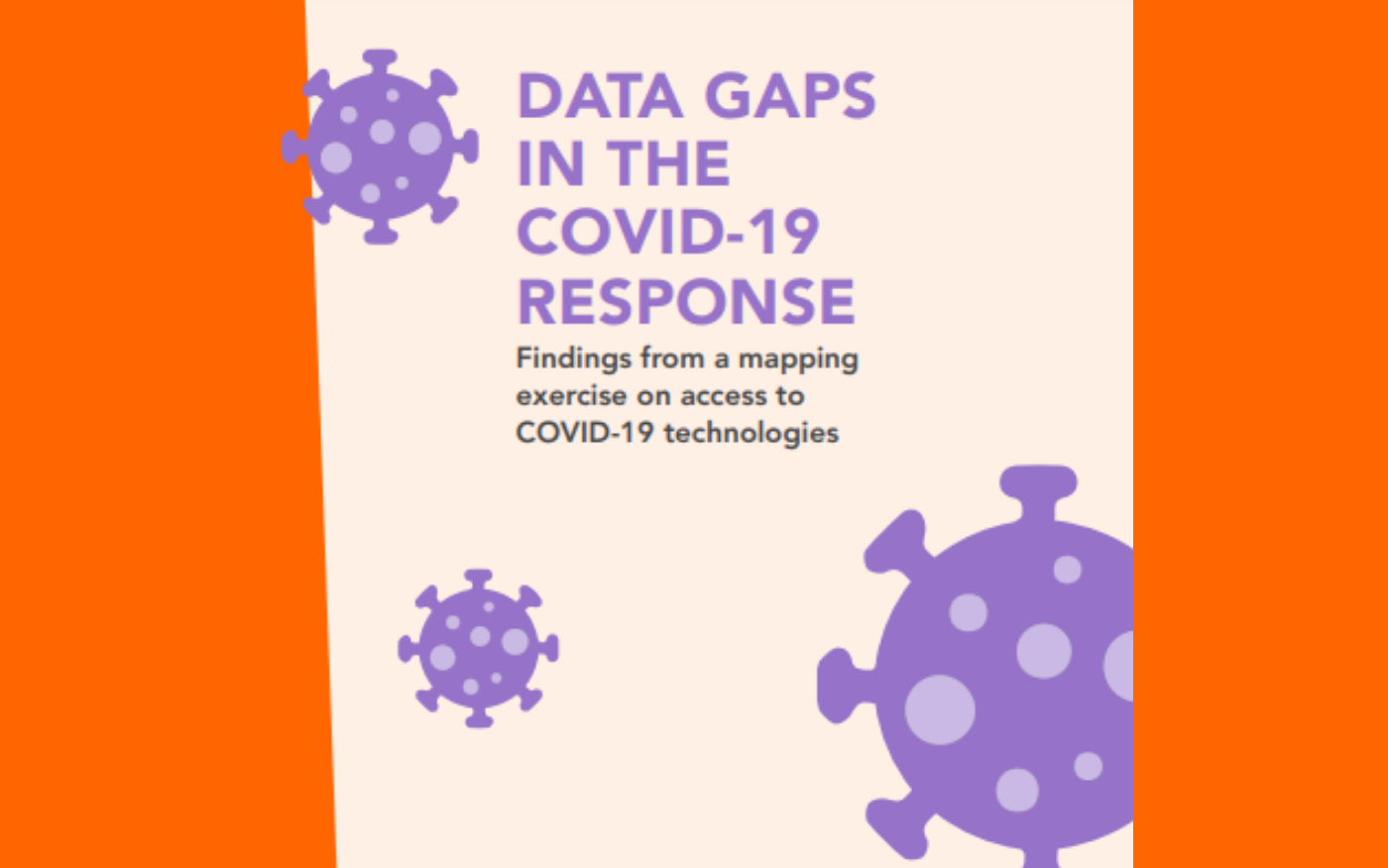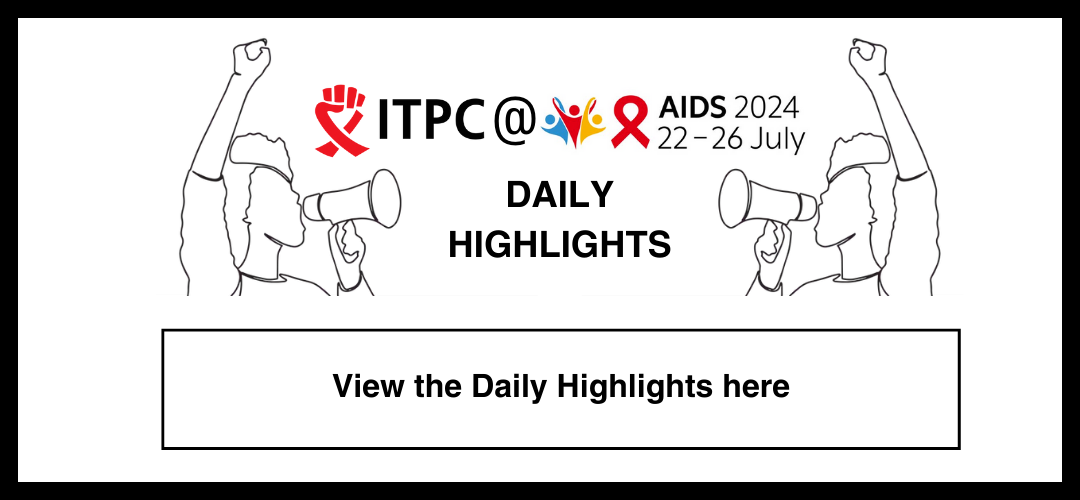Matahari Global, in collaboration with the International Treatment Preparedness Coalition, publishes the findings of an exercise undertaken in November 2021 to populate a mapping tool examining access the COVID-19 response in eight countries (Bangladesh, Liberia, Nepal, Nigeria, Peru, Somalia, Uganda and Ukraine). In “Data Gaps in the COVID-19 Response: Findings from a mapping exercise on access to COVID-19 technologies”, researchers examined access to vaccines, therapeutics, and diagnostics, as well as certain health systems elements.
We found:
- Unmet vaccination targets driven by vaccine inequity
- Vaccine access impeded by poor operational support.
- No structured psychosocial support for health care workers.
- No access to rapid self-tests, in contrast with the Global North.
- Unsalaried community health workers – COVID-19 opportunity costs.
- Question marks around access to new COVID-19 antivirals.
- Lack of data on oxygen needs
Here’s what we think should happen next, in “Phase 2”
- To interview rural health practitioners and WHO regional offices on access
- to COVID-19 technologies in rural populations. This would include a follow- up on the hiring initiatives in Nepal to increase vaccinations in rural populations.
- To monitor if there have been any changes vis-à-vis right to health and vaccinations for undocumented migrants in countries examined, including Uganda and Ukraine.
- To monitor purchases and prices of novel antivirals in Peru, Ukraine, and other MICs included in Phase 2.
- To communicate advocacy messages resulting from this analysis to CSOs.
- Given similarities in symptomology of COVID-19 and TB, to understand reasons why in many countries COVID-19 AgRDTs are not being offered to those attending TB screening.
- To include an indicator on whether countries have digitised human resources systems, and whether those include CHWs.
- To explore and understand support provided to countries through the Vaccine Delivery Partnership

